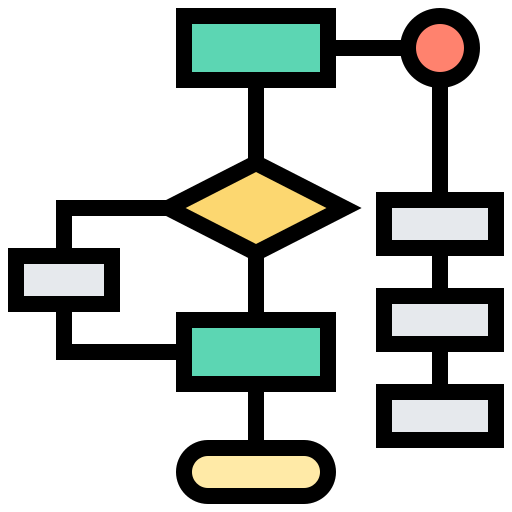HTTP 418: I'm a teapot
The server identifies as a teapot now and is on a tea break, brb
HTTP 418: I'm a teapot
The server identifies as a teapot now and is on a tea break, brb
Algorithms Memes
Algorithms: where computer science theory meets the practical reality that most problems can be solved with a hash map. These memes celebrate the fundamental building blocks of computing, from sorting methods you learned in school to graph traversals you hope you never have to implement from scratch. If you've ever optimized code from O(n²) to O(n log n) and felt unreasonably proud, explained Big O notation at a party (and watched people slowly walk away), or implemented a complex algorithm only to find it in the standard library afterward, you'll find your algorithmic allies here. From the elegant simplicity of binary search to the mind-bending complexity of dynamic programming, this collection honors the systematic approaches that make computers do useful things in reasonable timeframes.

 AI
AI
 AWS
AWS
 Agile
Agile
 Algorithms
Algorithms
 Android
Android
 Apple
Apple
 Bash
Bash
 C++
C++
 Csharp
Csharp















